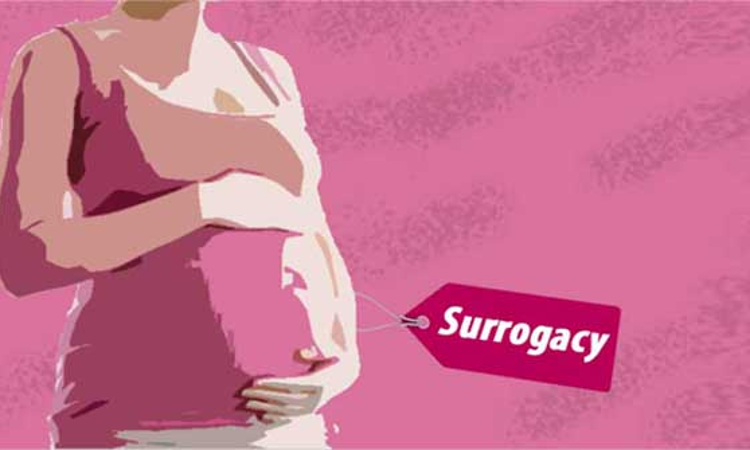Plea In Delhi High Court Seeks Permission To Export Embryo To Surrogate In California
Padmakshi Sharma
8 July 2022 9:30 AM IST

Next Story
8 July 2022 9:30 AM IST
A writ petition has been moved in the Delhi High Court seeking directions to the Indian Council for Medical Research (ICMR) for issuance of a No Objection Certificate for export of human embryo to a surrogate mother abroad.The petition filed through Advocate Parminder Singh states that while the export of embryos was permissible in the prior regime as per "Guidelines for export of Embroys...
